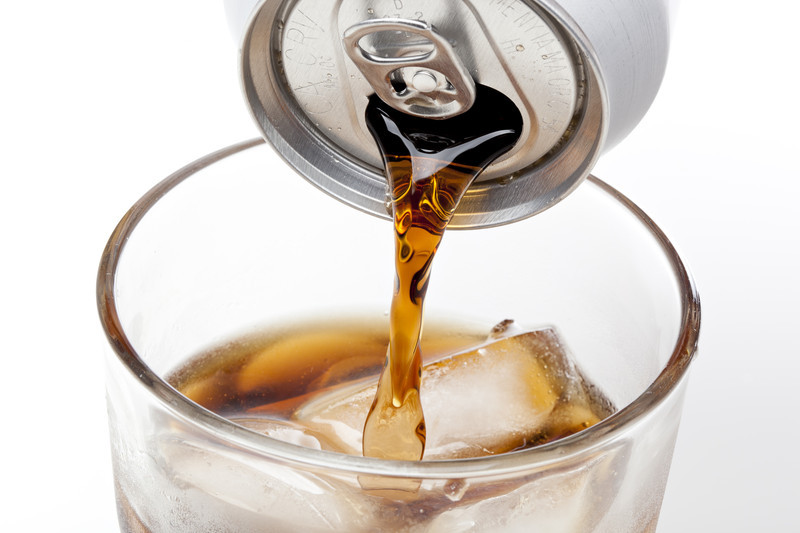Sugary soda and juice can boost blood pressure, weight

Pepsi, Mountain Dew, cranberry juice cocktail, and hundreds of other sugar-sweetened beverages may be heaven on the taste buds, but drinking them daily doesn’t do your body any favors.
According to the recently published International Study of Macro/Micronutrients and Blood Pressure (which goes by the pseudo acronym of INTERMAP), people who routinely drink sugared sodas or juices are more likely to have higher blood pressure and weigh more than those who don’t consume these beverages.
The INTERMAP results are in line with others showing a connection between drinking sweetened sodas and juices and a range of health problems, including excess weight, the metabolic syndrome, and type 2 diabetes. These drinks may have a greater effect on children than adults.
Keep in mind that these studies show only an association between drinking sugar-sweetened beverages and poorer health. In the INTERMAP study, for example, it’s possible that people who routinely drink sugar-sweetened beverages have poorer diets or exercise less than people who don’t drink sweetened soda, and it’s those factors—not their choice of beverage—that causes problems. The clearest way to show cause and effect is with a randomized trial. So far, small trials have shown that reducing consumption of sugar-sweetened beverages can reduce blood pressure and lower weight.
As their name implies, sugar-sweetened beverages deliver lots of sugar—a 12-ounce can of regular soda contaions nine to ten teaspoons of it—and few if any other nutrients.
Water, of course, is the ideal beverage—100% hydration with no calories or additives. If you want something more lively than water, try mixing three or fours parts of sparkling water with one part of real juice.
About the Author

Patrick J. Skerrett, Former Executive Editor, Harvard Health Publishing
Disclaimer:
As a service to our readers, Harvard Health Publishing provides access to our library of archived content. Please note the date of last review or update on all articles.
No content on this site, regardless of date, should ever be used as a substitute for direct medical advice from your doctor or other qualified clinician.















